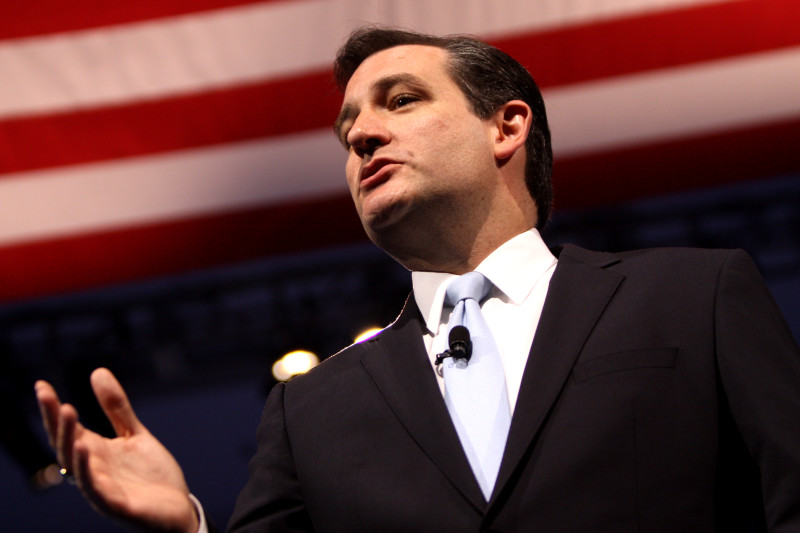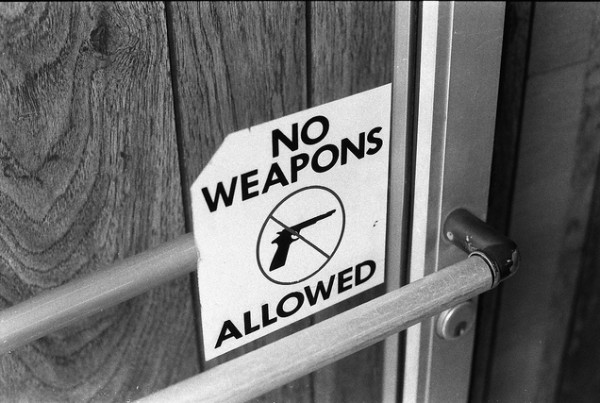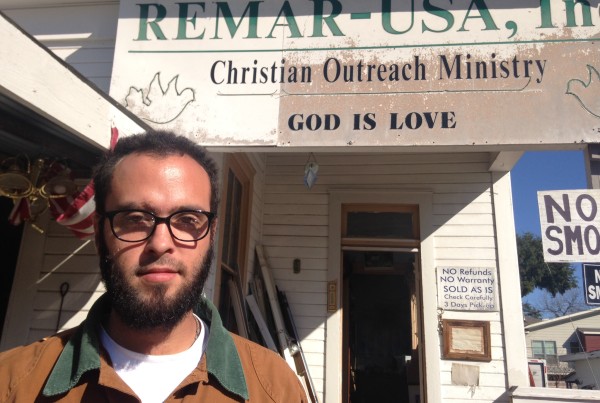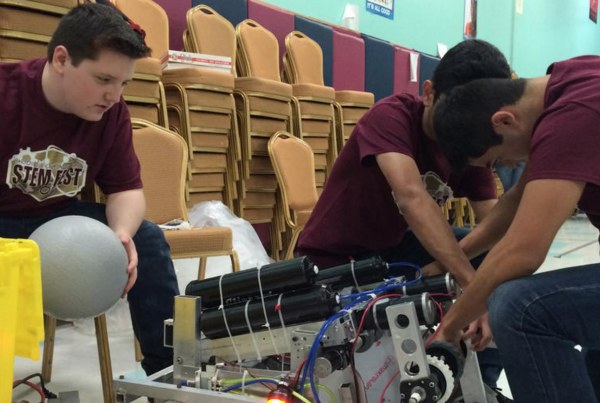Over the weekend there were more clashes between Donald Trump supporters and protesters.
A Trump rally Friday night was canceled at the University of Illinois at Chicago over security concerns. Saturday, a man tried to rush the candidate as he spoke on stage in Ohio. At a rally in Kansas City he was was repeatedly interrupted. After that event, police used pepper spray on a crowd when they failed to disperse.
Many have been quick to blame Trump’s rhetoric for these clashes. There have been calls to “knock the crap out of protesters” with others vowing to pay their legal fees. Yesterday on Meet the Press, Trump followed through on that promise, saying he is looking into paying the legal fees for a man who sucker-punched a protester at a campaign rally in Fayetteville, N.C. So how have Trump’s opponents responded to events over the weekend?
“Well, let’s be clean,” Sen. Ted Cruz said to Chuck Todd, moderator of Meet The Press. “Listen, the protestors have no right to engage in violence, they have no right to threaten violence. And these protestors – whether it’s Black Lives Matter or Bernie Sanders who are coming in just trying to shout down any speaker – that’s not free speech.
“The First Amendment gives you a right to speak but it doesn’t give you a right to silence others. So the protestors are behaving abusively and wrong. But at the end of the day, in any campaign, the responsibility starts at the top.”
Despite putting some blame on Trump, Cruz later in the interview reiterated that he would support Trump if he did become the GOP nominee.
On the one hand you have Cruz saying a Trump presidency would be disastrous and calling him out for using angry and hateful rhetoric. On the other hand, he’s vowing to support Trump during the general election.
Jonathan Tilove, the Austin American-Statesman’s chief political writer, says it would take a lot for Cruz to change his position.
“Cruz’s whole relationship with Trump has been very tactical,” Tilove says. “He was the lone other candidate among the large field who early on defended Trump and said how much he liked him and said how much he was contributing to the campaign. It was only when they became more serious rivals that Trump started calling Cruz ‘lying Ted’ and that Cruz started talking about what a disaster Trump would be.”
Tilove says that Cruz is strategically still trying trying to get his one-on-one race with Trump. Gov. John Kasich has tried to stay out of it all together, Tilove says. Sen. Marco Rubio has also been critical of Trump.
“He really seemed shaken by what was happening in the race, and I think it was kind of a moving little remarks he gave where he said that Trump is kind of unleashing very unstable elements,” Tilove says. “And that there are a lot of people out there who don’t know that this is just politics and he’s playing a dangerous game. The anger that’s been unleashed in recent days has all kinds of potentially unintended consequences. I think Rubio’s feeling that.”
Tilove says Cruz’s dynamic on the stage is much cooler than Trump’s, with none of the stage presence. Where Trump revs up a crowd, Cruz tries to have more of an intellectual back-and-forth, Tilove says.
“Trump has these mass rallies at a very high emotional edge. Cruz doesn’t have those kind of rallies,” Tilove says. “His are much smaller gatherings. There have been occasions where somebody takes loud exception to him and he’s engaged people … in a dialogue that kind of diffuses it. And he’s been effective at that.”















